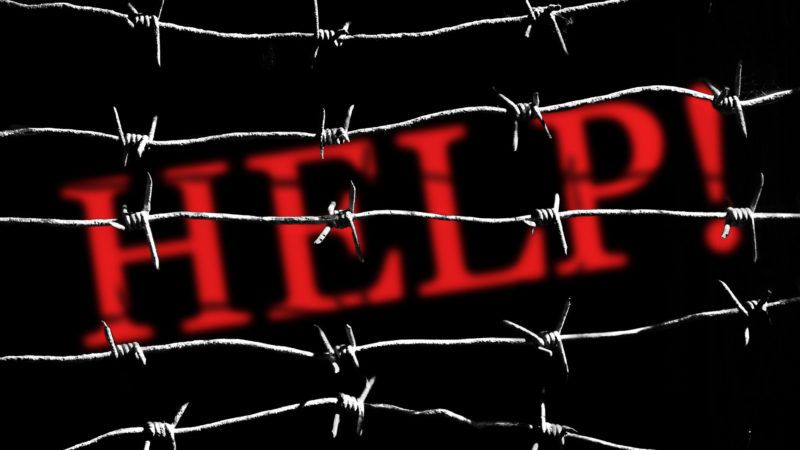ICE Detention Facility Sued Over Possible COVID-19 Threat to Immigrant Detainees
Immigrants want to escape possible COVID-19 death trap, most having committed no violent crime.

[Update: According to an email from Lawyers for Civil Rights, who helped assemble the lawsuit, on April 3 but after this article was originally written, Judge William Young in U.S. District Court for the District of Massachusetts "started the process for releasing nine civil immigration detainees from ICE custody in Bristol County. The court indicated a path forward that is expected to result in additional releases over the course of the next week….Not all the individuals being released fall within the CDC high-risk categories, making this one of the first times that a court responding to the COVID-19 pandemic has ordered humanitarian release for immigrants not based on individualized medical risk factors."]
Yale Law School's Worker and Immigrant Rights Advocacy Clinic, along with Lawyers for Civil Rights, have organized and filed a class-action suit on behalf of 147 plaintiffs against a variety of county and federal officials associated with the Bristol County, Massachusetts, House of Corrections and the C. Carlos Carreiro Detention Center, a federal ICE facility.
The suit is demanding the humanitarian release of immigrant prisoners thought to be threatened by COVID-19. The suit also seeks an injunction against locking up any new detainees in the facilities.
In a filing in the case, the plaintiffs insist that "more than two-thirds of the 147 putative class members have never been convicted of any crime of violence; more than one-third have never been convicted of any crime at all; and approximately one-third have medical conditions that Defendant acknowledges may make them especially vulnerable to COVID-19."
The suit insists that the detainees are
subject to imminent infection, illness, and death because of their civil immigration detention—literally trapped, with no safe alternative available to them. Facility staff have rebuffed their inquiries about COVID-19 risks and precautions. Their confinement conditions and detention treatment have created a dangerous and hazardous situation that imminently threatens their lives, as well as the well-being of guards and others in the surrounding community.
The defendants are "afraid for their lives" since they have no meaningful opportunity for social distancing while detained in conditions they insist are unhygienic. The filings insist at least two correctional officials were reported by inmates to display flu-like illnesses they could not confirm were or weren't COVID-19.
The suit points out, for those who fear the alleged chaos of releasing prisoners, that the detainees in question "are not being detained pursuant to a conviction. Rather, they are in civil detention awaiting the completion of immigration proceedings." ICE, the suit points out, has had "a long-standing practice of releasing for humanitarian reasons even those whose detention has been mandated under particular immigration detention statutes" and "regularly uses alternatives to detention to maintain custody and control over non-citizens in immigration proceedings, such as supervised release, electronic ankle monitors, home confinement, and telephonic monitoring."
For 80 of the detainees in question whose personal details the plaintiff organizations were able to confirm, "almost" none of them face a "presently executable removal order" and "nearly all have a residence at which they could self-quarantine and shelter-in-place if ordered released by this Court."
Further, "those without a personal residence have been offered alternative residential placements by local faith leaders sufficient to ensure that no putative class members ordered released would be without a home or ability to shelter-in-place safely."
The suit notes that the virus is already known to be spreading in "correctional, immigration detention, and veterans' facilities across the country." Other courts in Michigan and California, the plaintiffs showed in a separate filing, have been releasing prisoners because of COVID-19 fears. (C.J. Ciaramella has been reporting for Reason on how federal prisons are dealing, or not dealing, with COVID-19.)
As of this writing, the plaintiffs admit no confirmed cases of COVID-19 have specifically shown up in either facility one nurse in the Bristol County HOC is reported to have COVID-19, and "at least 38 [detainees] have serious medical issues such as heart conditions; diabetes; liver and kidney disease; and lung and respiratory conditions, including bronchitis and asthma. These individuals are particularly vulnerable to COVID-19." New detainees, the plaintiffs say, are still being introduced to the confined, unhygienic space without testing or quarantine.
Hearings in the case, formally known as Savino v. Souza, are being held in federal court in Boston today.


Show Comments (47)